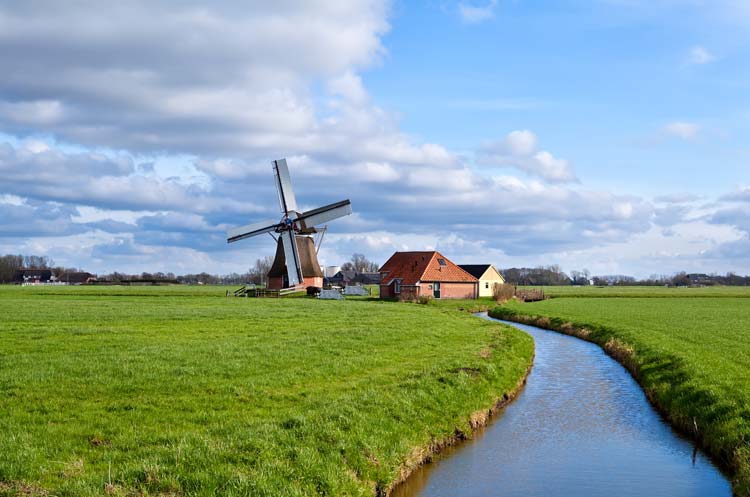Published: 01.02.2017
On 1 February 2017, the European Commission published its second Communication on the State of the Energy Union (available here), which reports on the progress of one of the Juncker Commission’s flagship strategies.
The FREE initiative congratulates the Commission for the progress the EU has made towards its climate and energy goals, and we are especially proud that the Commission has addressed the energy needs of rural areas. In the State of the Energy Union, the European Commission stated that:
“Cities and rural areas are crucial for the modernisation and decarbonisation of the European economy.”(…)“Cities and rural areas are particularly vulnerable to climate change impacts. At the same time, rural areas, as suppliers of renewable resource for the bioeconomy, and cities, as centres of innovation and growth and engines of economic development, are also – and increasingly so – part of the solution.”
At the same time, the FREE initiative welcomes the Commission’s move to empower consumers, including rural dwellers, and alleviate fuel poverty.
Addressing the energy needs of rural areas and putting them on European Union’s agenda represents an important step forward in tackling climate change and transitioning to a more sustainable energy system. The recently published FREE report titled ‘Why Rural Energy Matter’ (available here) provides solutions, which can save 100Mt of CO2 emissions.
Air pollution in rural areas is also a pressing issue. Rural areas are reliant on polluting energy sources (coal, heating oil), which deteriorate rural air quality. This can have dramatic effects on public health; The life expectancy of rural inhabitants in France is shortened by 9 months as a result of poor air quality, according to the WHO. It is thus important that the Commission takes concrete action to improve air quality in rural areas.
One way to improve air quality is to make rural areas more energy efficient. The Commission is taking positive steps in this area, with its new Smart Financing for Smart Buildings initiative hoping to boost renovation in public and private buildings. Nonetheless, similar funding mechanisms have overlooked rural areas in the past, and we encourage the Commission to continue pay special attention to the needs of rural citizens.


Recent Comments